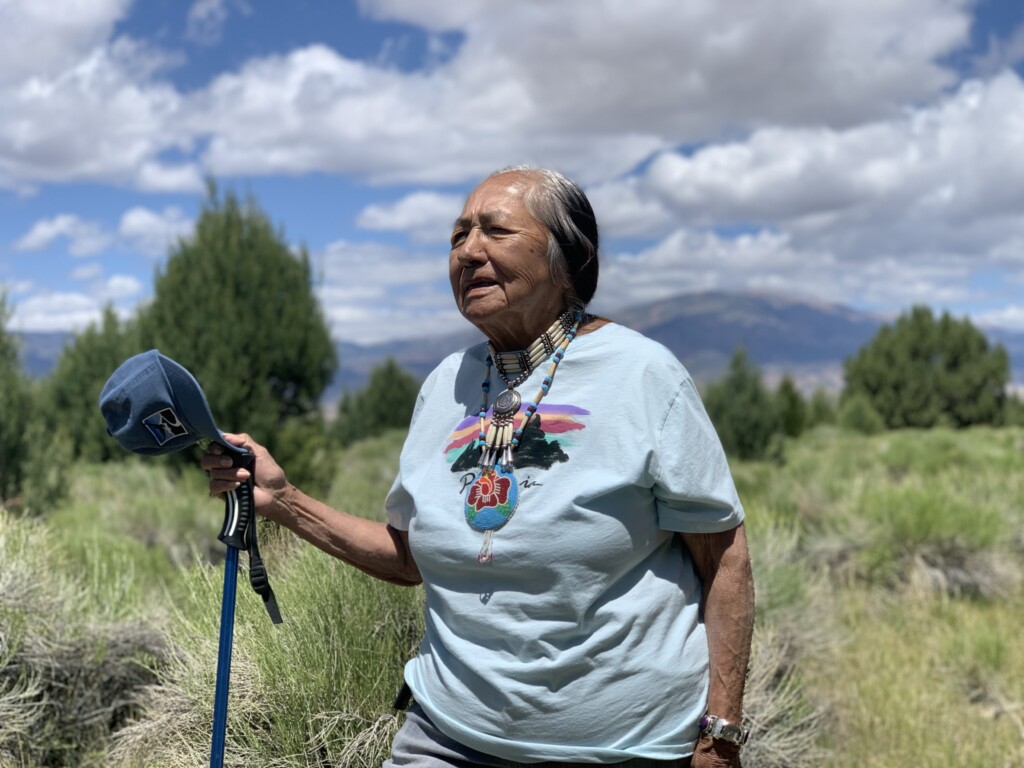SAVE THE SWAMP CEDARS
Bahsahwahbee, "The Sacred Water Valley," Is home to stands of Swamp Cedars and a site that is hallowed ground in need of greater protections.The Great Basin is home to many indigenous communities that have lost much of their land and water during the last 400 years. Water is deeply imbued within the spiritual and cultural practices of native people and closely linked to special geographic locations throughout the region. If water is taken from these sacred places, the ability for native communities to practice their religion and customs will be lost.
There is a place in the Great Basin known as Bahsahwahbee, “The Sacred Water Valley.” For countless generations, the springs there gave life to ceremonies, celebrations, and healings in the valley –– and still do to this day. Between 1850 and 1900, Bahsahwahbee was the site of three massacres by the US Army and vigilantes that resulted in a greater death toll than that of Wounded Knee.
Indigenous communities believe that the Swamp Cedar trees (Rocky Mountain Juniper) growing at the site hold the souls of native people who were massacred. The Goshute and Shoshone people continue to visit this site to pray, heal, and remember.

Imagine a place as holy as Vatican City and hallowed as Arlington Cemetery. Now imagine that they are threatened by development, climate change and drought.
Many threats to Bahsahwahbee still exist. We must continue to protect such a sacred and hallowed place. Learn more here.
